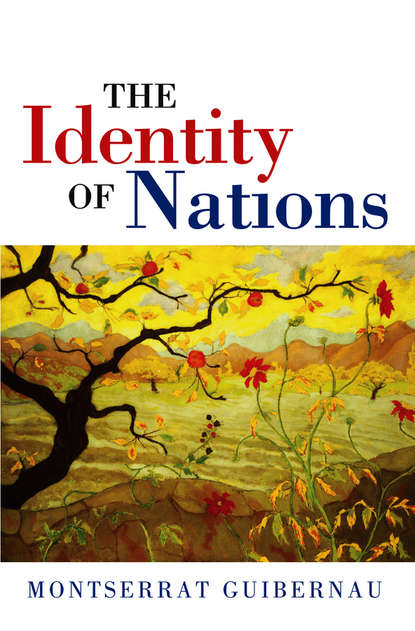- бизнес-книги
- детские книги
- дом, дача
- зарубежная литература
-
знания и навыки
- изучение языков
- компьютерная литература
- научно-популярная литература
- словари, справочники
-
учебная и научная литература
- безопасность жизнедеятельности
- военное дело
- гуманитарные и общественные науки
- естественные науки
- задачники
- монографии
- научные труды
- практикумы
- прочая образовательная литература
- сельское и лесное хозяйство
- технические науки
- учебники и пособия для вузов
- учебники и пособия для ссузов
- учебно-методические пособия
- история
- комиксы и манга
- легкое чтение
- психология, мотивация
- публицистика и периодические издания
- родителям
- серьезное чтение
- спорт, здоровье, красота
- хобби, досуг
Группа авторов — The Identity of Nations

Понравилась книга? Поделись в соцсетях:
Автор: Группа авторов
Издатель: John Wiley & Sons Limited
ISBN: 9780745674483
Описание: What is national identity? What are the main challenges posed to national identity by the strengthening of regional identities and the growth of cultural diversity? How is right-wing nationalism connected to the desire to preserve a traditional image of national identity? Can we forge a new kind of national identity that responds to the challenges of globalization and other deep-seated changes? In this important new book, Montserrat Guibernau answers these and other compelling questions about the future of national identity. For Guibernau, the nation-states traditional project to unify its otherwise diverse population by generating a shared sense of national identity among them was always contested, and was accomplished with various degrees of success in Europe and North America. Such processes involved the cultural and linguistic homogenization of an otherwise diverse citizenry and were pursued by different means according to the specific contexts within which they were applied. At present, the impact of strong structural socio-political and economic transformations has resulted in greater challenges being posed to the idea that all citizens of a state should share a homogeneous national identity. Diversity is increasing, and plans for further European integration contain the potential to generate significant tensions, casting greater doubt on the classical concept of national identity. As a result, we are faced with a set of new dilemmas concerning the way in which national identity is constructed and defined. The book offers a theoretical as well as a comparative approach, with case studies involving Austria, Britain, Canada and Spain, as well as the European Union and the United States of America. The Identity of Nations will be essential reading for advanced students and professional scholars in sociology, politics and international relations.